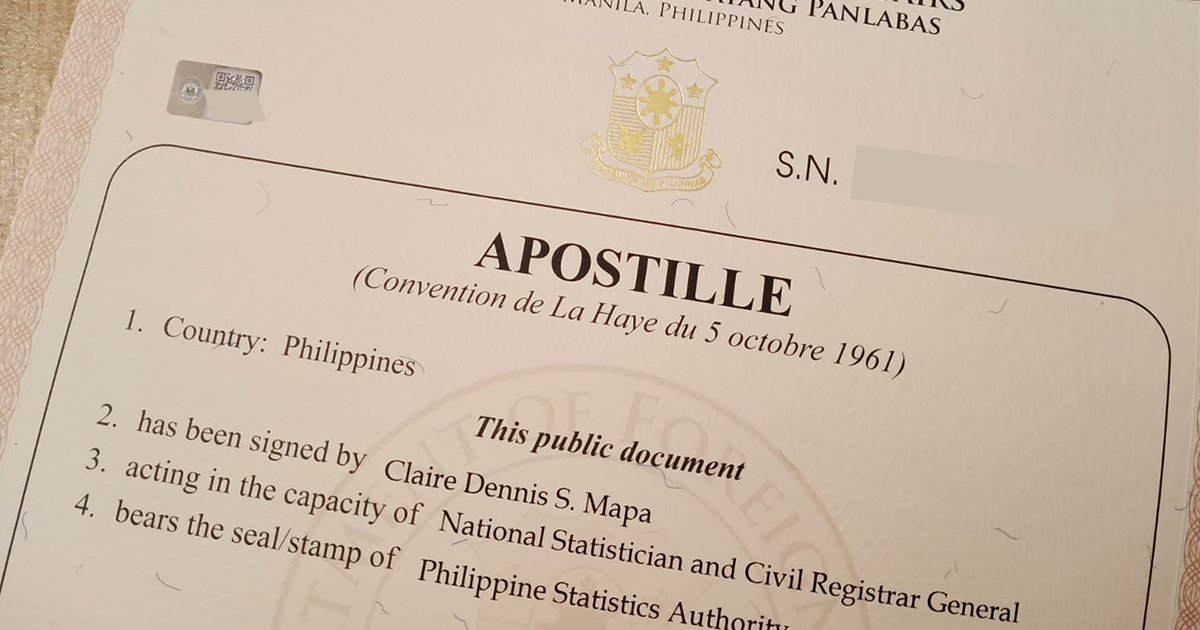How to authenticate or apostille court documents?
Court documents are official records issued by a court or filed by parties during legal proceedings. These may include affidavits, summonses, pleadings, judgments, divorce decrees, bankruptcy decisions, name change petitions, claim forms, and other related filings.
If a court document is intended for use outside the United States, it must first be authenticated or apostilled, depending on the requirements of the destination country.
Court Documents Issued by State Courts
Hague Apostille Convention Countries (1961): If the country where the document will be used is a member of the Hague Apostille Convention, your state-issued court document only needs an apostille from the Secretary of State (Steps 1–2).
Non-Hague Countries: If the destination country is not part of the Hague Apostille Convention, the document must go through the authentication and legalization process (Steps 1–4).
Court Documents Issued by Federal Courts
Hague Apostille Convention Countries: Send the court document directly to the U.S. Department of State for the apostille process.
Non-Hague Countries: Federal court documents must first be authenticated by the U.S. Department of State and then legalized by the embassy or consulate of the destination country.
Step-by-Step Process
Step 1: Obtain a Certified Copy of the Court Document
Request a certified copy from the clerk of court or county clerk’s office where the document was originally issued.
A certified copy generally includes:
A raised, embossed, impressed, or multicolored seal
The registrar or clerk’s signature
The filing date
Step 2: Authentication or Apostille by the Secretary of State
For Hague Convention countries: The Secretary of State provides an apostille, making the document valid for international use without further legalization.
For non-Hague countries: The Secretary of State provides authentication, and additional steps are required. Continue to Step 3.
Step 3: Authentication by the U.S. Department of State
For non-Hague countries, submit the court document to the U.S. Department of State for authentication.
Step 4: Legalization by the Embassy or Consulate
Finally, the authenticated court document must be legalized by the embassy or consulate of the country where the document will be used.
Important Notes on Document Validity
Some U.S. states impose time limits on how old a certified court document can be when submitted for apostille or authentication:
Virginia: Certified copies cannot be older than 12 months.
Texas: Certified copies cannot be older than 5 years.
Always verify the specific requirements before proceeding.
Final Submission and Delivery
Once you have followed the apostille or authentication steps, send the original certified documents to the processing office or service provider handling your request. After completion, the documents will be returned to you by mail, either domestically or internationally (shipping fees apply).

